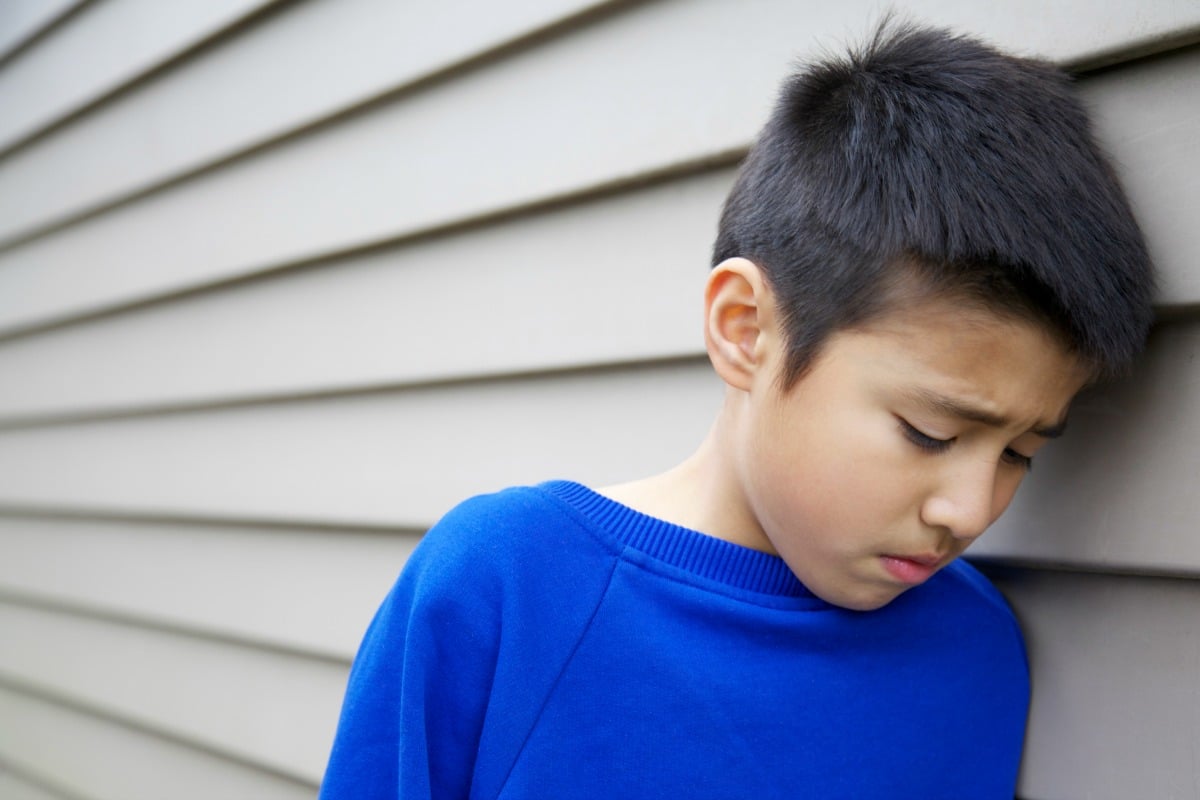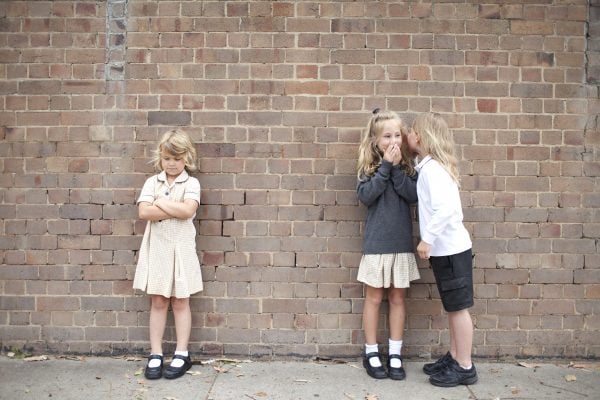
As a parent, you have to make peace with the fact your kid will do some bad things sometimes, and as a result, they will be disciplined. If it happens at school, you most likely won’t be the one handing out the punishment.
And that’s okay. As a parent, you accept that, and put your faith in the teachers to hopefully handle the situation as you’d wish, and as the situation warrants. Generally speaking, that’s been my experience – until this week.
On Monday, I collected my 11-year-old son from after school care. He was standing outside the building, facing the wall. I thought he was playing a game. But it turns out he was told to “go outside and face the wall” by the teacher, who added that she would get him inside again when she was ready.
According to my son’s watch, that had been 15 minutes ago. I was absolutely horrified.
His crime was apparently laughing too loudly during a movie they were watching, and “riling up the other kids.” Well, that’s how the teacher explained the situation to me. She also said it was standard practice.
I was stunned, because it simply didn’t make sense. Was sending an 11-year-old child outside to face the building’s wall effective in any way? What did it achieve?
And more importantly, it sounded to me like a frustrated teacher doled out a punishment, rather than enforced a consequence for my child. It didn’t sit well with me at all.



Top Comments
Absolutely unacceptable!! anyone could have stolen the child while being forced to stand outside the School building alone, unattended, unsupervised, and unaware of his/her surroundings due to being told to face the wall. If this story is real I would have that teacher fired so fast they wouldn't have time to spend their last over paid check.
i agree children should not be ask to stand out side the building for punishment the princeables office is better